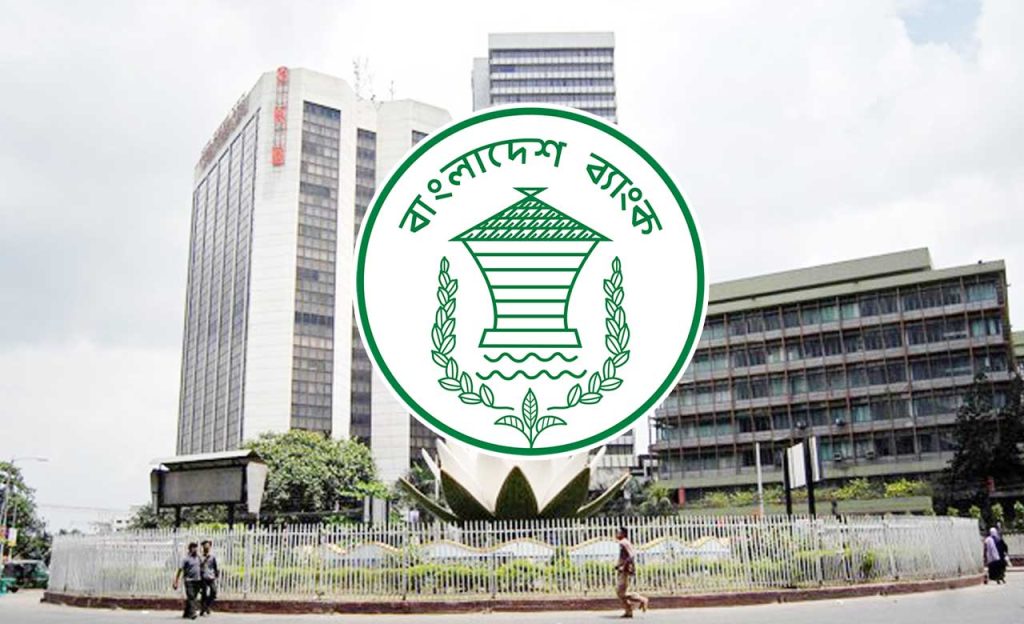Bangladesh Bank is seeking sweeping new powers to blacklist audit firms, credit rating agencies and valuation companies accused of enabling financial misconduct, according to a draft amendment to the Bangladesh Bank Order.
The proposed changes, approved Tuesday at a special board meeting, would give the central bank authority to strike such firms from its registry and notify licensing authorities to cancel their permits.
The draft also includes legal protections for whistleblowers reporting corruption at the central bank or commercial banks.
If enacted, the new law would supersede existing legislation, underscoring the government’s push to strengthen oversight of a financial sector plagued by fraud and mismanagement.
Officials said the aim is to curb systemic looting and restore discipline across the banking industry. Industry insiders have long alleged that rating agencies, valuation firms and auditors often catered to financial wrongdoers by issuing favourable reports or inflated asset valuations.
Current law offers no clear recourse against such practices. A board member of Bangladesh Bank, speaking on condition of anonymity, told TIMES of Bangladesh: “The central bank wants to bring these institutions under accountability.”
The amendment would also empower the central bank to regulate monopolistic practices in the financial sector, as well as oversee emerging areas such as digital currency and digital banking.
Officials said the draft was finalized after three rounds of board discussions, with input from several directors who pushed to make the provisions more robust. “Thanks to their commitment, we took a step closer to full autonomy,” a senior central banker said.
If approved, the law would grant Bangladesh Bank’s board sweeping rule-making authority across the financial system.
The proposal calls for a restructured board, reducing the number of government bureaucrats to one, while appointing six members from the private sector—including economists, bankers, lawyers and industrialists.
The governor would chair the board, alongside one deputy governor. A search committee, comprising the finance minister, commerce minister and a current or former governor, would recommend candidates for the governor’s post.
The president would then make the appointment. Currently, the prime minister appoints the governor based on a bureaucratic committee’s advice.
Dismissal procedures would also change. Instead of the finance ministry, a panel of three Supreme Court appellate judges would hold the authority to remove the governor or deputy governors. Their tenure would be at least four years, down from the six years originally proposed.
The BB board would also set pay scales for central bank employees, freeing them from the government’s civil service salary framework.
Bangladesh Bank spokesman Arief Hossain Khan said: “We expect the government will recognize the urgency of these amendments and issue the ordinance without delay.”
The draft was prepared with technical assistance from the International Monetary Fund and legal input from Dr. Kamal Hossain & Associates, along with a foreign advisory firm.


